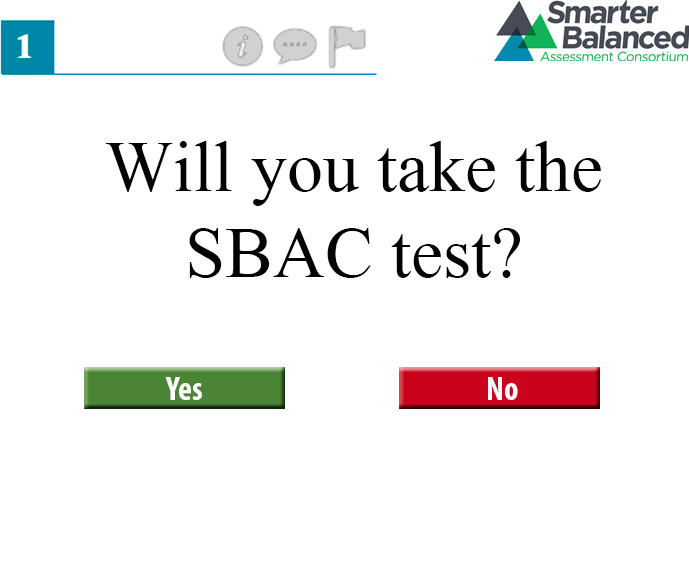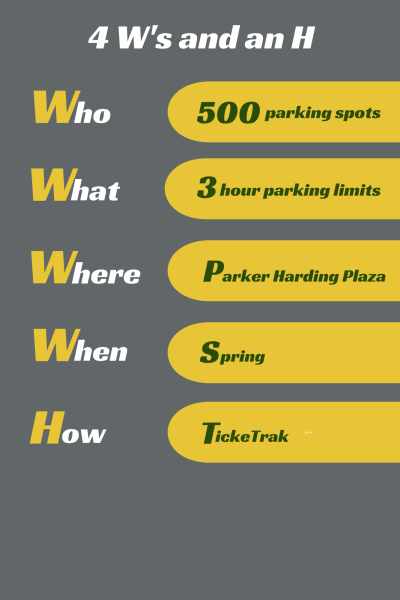Students split on participation in new SBAC exam
After five years of formative assessments, collaboration and funding, the first Smarter Balanced Assessment Consortium (SBAC) testing will take place at Staples from May 26 to May 29. While the topic of opting out has been broached by the Board of Education (BOE), many are still left with questions.
The topic of opting out was formally addressed in a March 12, 2014 Connecticut Education Committee public hearing. Education Commissioner Stefan Pryor explained the administration’s position. “I don’t believe that there’s any specific provision in law regarding consequences,” Pryor said. “To my knowledge, there are no state provisions that are specific or federal provisions that are specific to an individual parent or an individual student.”
While Pryor clarified that there are not consequences for opting out, he expressed concern about statewide consequences if too many students opt out. He referred to the rule that if 95% of students don’t meet certain graduation requirements like SBAC, the school could be considered failing. “Whether there would be funding consequences to Connecticut if we were to flagrantly establish an opt out procedure or some other consequence, I don’t know the answer to that, but I know that other states have been cautioned by the feds in the past around having explicit policies of this kind.”
Superintendent Elliot Landon also addressed SBAC in a recent email interview.
“All school systems are mandated by statute and direction of the State Department of Education to administer the SBAC to all students,” he said. “There is no provision for students to opt out.”
The BOE sent a similar message at the March 9 meeting in an online presentation. Their PowerPoint stated, “[ALL] students are required to sit for the test beginning with Class of 2016.”
However, at the end of Landon’s interview, it was revealed that there is an alternative route to taking the SBAC test. “It continues to be a graduation requirement, as was CAPT,” Landon said, “For students unable to meet goal, there are alternative routes provided. If a parent elects not to have his/her child participate in this mandated test, the child will be required to sit quietly in a non-testing area and may read, do homework, or use his/her computer. No educational alternative will be available for that child during the testing periods.”
Many were not aware of the alternative option and assumed the safest path was to sit the exam.
“I’m going to sit for it because I don’t want to go through the whole hassle of figuring out how I’m going to deal with graduation requirements in case anything changes,” Minahil Salam ’16 said.
Other students support the merit of the test, like Zoe Feygin ’16. She believes that “it’s an aptitude test, and it changes based on your performance,” she said. “As far as standardized testing goes, it seems like a better one.”
Nonetheless, there are a handful of students who feel compelled to opt out.
“My plan is to sit there with my computer closed, not taking the test as a form of activism because they can’t make me take it, and I don’t believe in standardized testing,” Julia Kemper ’16 said.
Alex Uman ’16 discussed the process of opting out, explaining that his mother emailed Principal Dodig and Landon.
“I’ve already taken CAPT and that’s the only graduation requirement,” Uman said. “My mom didn’t believe in Common Core, so that’s why I’ll still go to school, but I will not be sitting for the test.”

Kaila Finn’s creativity is showcased not only in her writing forInklings but in her love for cooking. Finn loves all things food. She reads cookbooks,...






















































